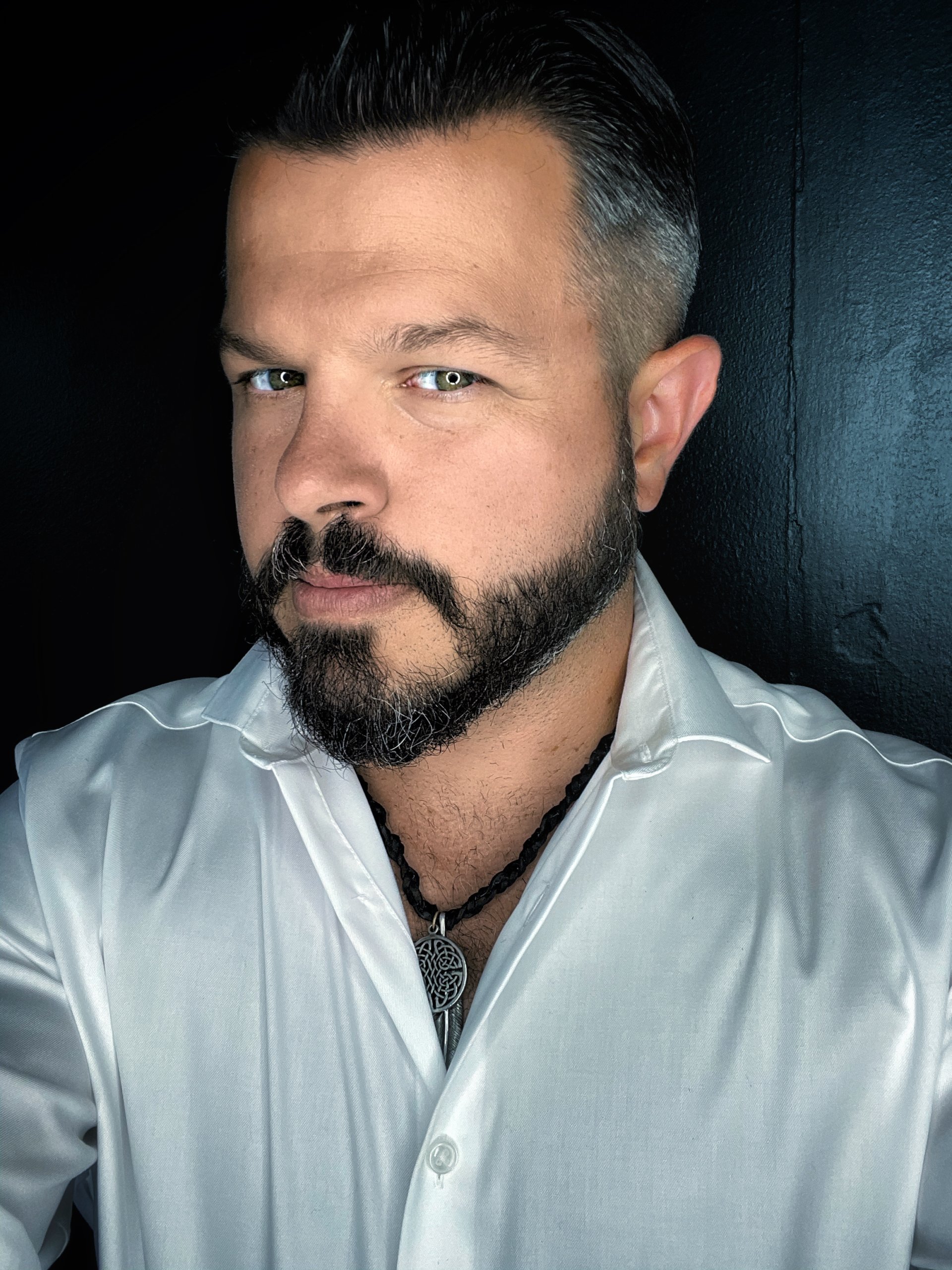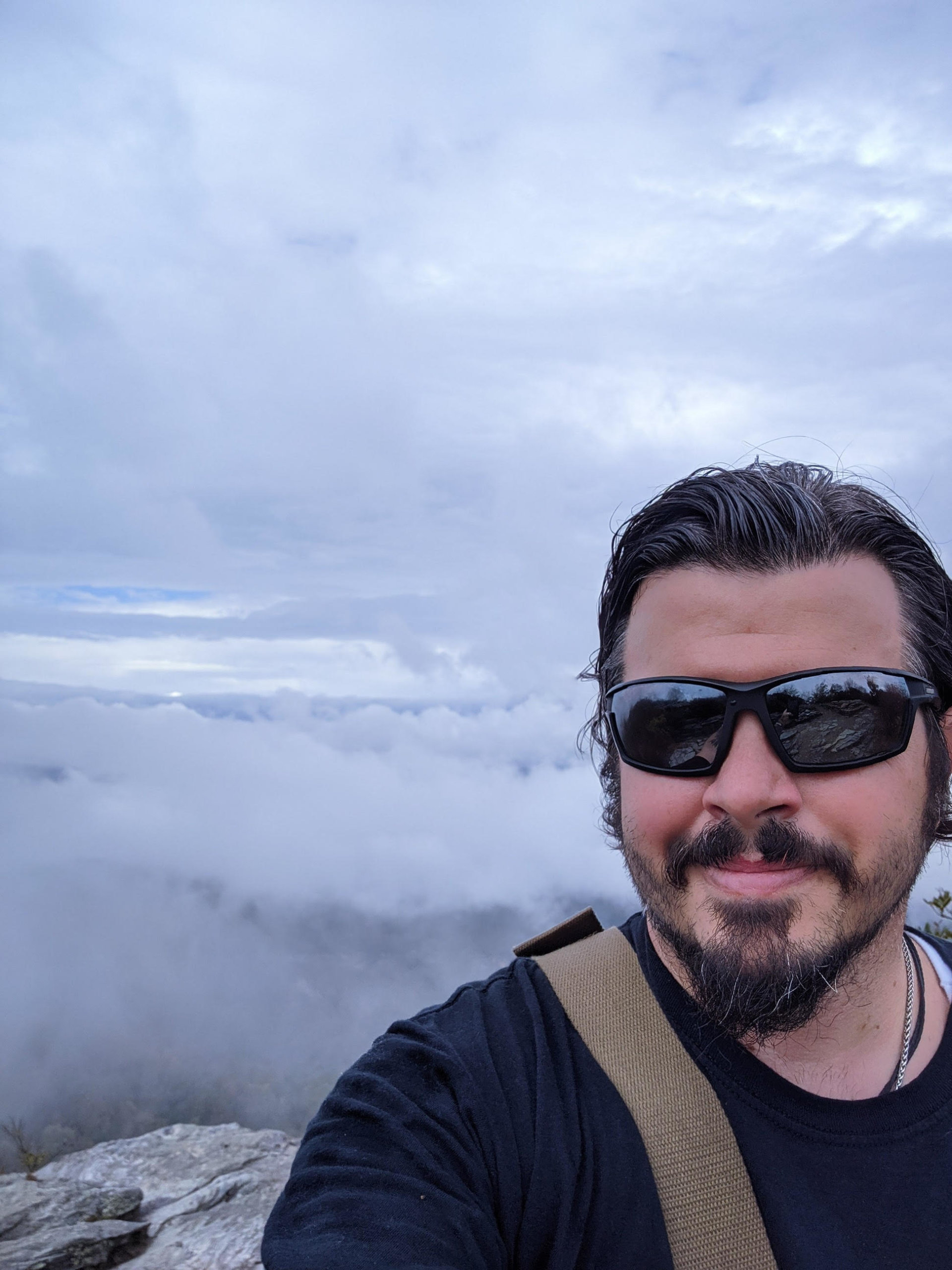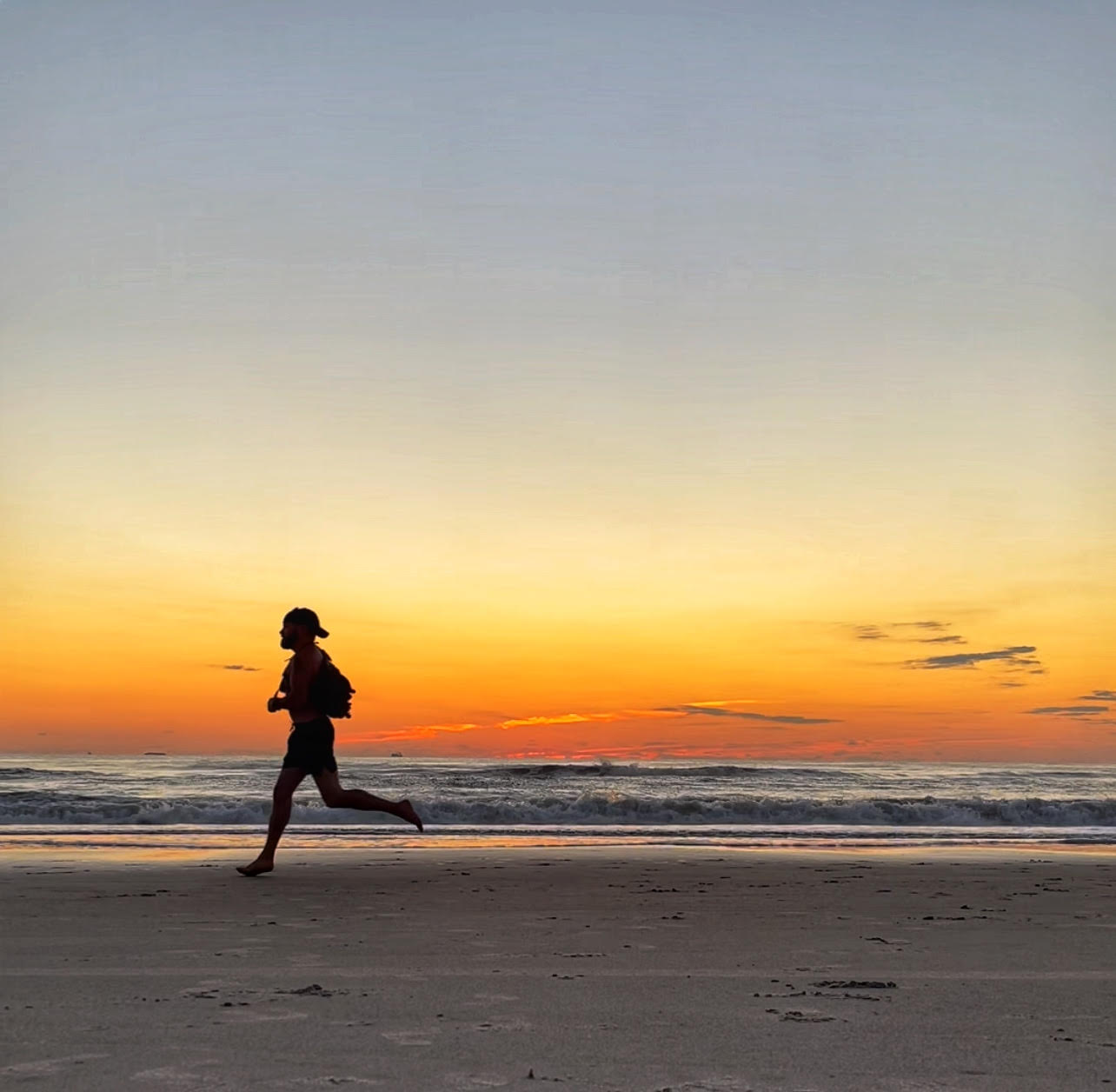Meet Joshua McCune. Josh’s brain story is an inspirational one filled with courage and resilience. Nearly three years ago, Josh was in a horrific motorcycle accident resulting in severe physical injuries and a less tangible but equally severe traumatic brain injury.
Traumatic brain injury (TBI) is an injury that results from a blow to the head or a sudden, violent movement of the body. The injury may or may not involve penetration of the skull and direct damage to brain tissue. A traumatic brain injury can leave the victim with problems learning, concentrating, and remembering details.
Traumatic brain injuries can vary in severity from mild to severe and can even result in death. According to the CDC, there are about 166 TBI-related deaths each day. The quick actions of Josh’s rescuers were critical in stabilizing his physical injuries. However, it was Josh and his incredible drive and self-preservation that unequivocally saved his life.
The Road to Diagnosis
“Your brain and your mind, they feel different.”
It’s emotional to listen to Josh talk about the day of his accident as he describes the moment he accepted that he was going to die. While driving on his motorcycle, he was hit from behind by someone who was texting and driving. He was wearing a full-face helmet and still suffered from a cracked skull. His jaw, teeth, arms, and legs also were injured in the accident. Josh refers to himself as being fortunate in not being injured further, but he could still identify early on that he was experiencing brain damage.
“Almost immediately, I started feeling the effects of what I didn’t know was brain trauma. Because at the time, you are dealing with all the physical. You are dealing with all the breaks and cracks and other stuff. They quickly take a look at your brain scan, and if it looks good and it is not falling out of your skull, then you are fine. I spent about a year and a half on my own experiencing symptoms of brain injury, and I didn’t know what they were. I thought, why am I waking up depressed? Why am I waking up the next day very angry? Why am I waking up the next day very elated? Why do I forget where I put things like my car keys? Why do I forget the names of important people in my life? Why am I struggling to write a sentence?”

Josh began feeling desperate and wasn’t sure where to turn or what to do. It wasn’t until listening to a Joe Rogan podcast featuring Warrior Angels Foundation that Josh truly felt diagnosed. The Warrior Angels Foundation provides assessment and treatment for US service members and veterans that have sustained a Traumatic Brain Injury while in the line of duty. Josh found himself nodding along with each symptom of TBI mentioned and knew from that day forward that his symptoms were not just psychological.
Shortly after hearing the podcast, Josh reached out to Dr. Gordon, who could conduct brain injury labs and tests and confirm the diagnosis Josh suspected – he had a Traumatic Brain Injury. But, unfortunately, it took him nearly two years to receive this information.
Treatment and Recovery
“I started walking, and walking turned to jogging, and jogging turned to running. These are all things I was told I wouldn’t be able to do again.”
Josh has always had a positive outlook about his diagnosis, and once he knew he was going to live after his accident, Josh knew he would get better. Josh worked closely with a coach who listened to his story and helped him find clarity within himself and move forward towards recovery. Josh is a former marine, and his military discipline shines through when describing his commitment and drive to better himself. He even references making a game out of his recovery goals.
“They told me, you’re going to spend a minimum of 12 months in a wheelchair, and we don’t know how well you will walk afterward. I just remember thinking I wasn’t going to accept that. How do you accept that? That’s just an educated guess. I kind of looked at it as a game, and maybe the marine in me. I was like, okay, I’ll show you. I’ll get out of here before 12 months. In 3 months, I was up, and they said, pace yourself. You don’t know how the walking is going to be. And then I started walking. They said you won’t run, and I started running.”

Josh attributes his success to exercise and felt the actual effects of his treatment plan once he incorporated exercise into it. He now finds himself addicted to overcoming limitations and doing more than he thought he could. “You can do more than you think. You can do way more than you have been told. A lot of times, it is us telling ourselves that we can’t do something. And when you learn to overcome those things, your brain changes, and it’s indescribable. You begin to see life differently.”
Looking Ahead/Helping Others
“There are people that are at day one of a brain injury, and they are going to be struggling. And I remember that and how hard it was.”
Josh has come to see his accident as a gift and has a new lease on life. Looking forward, he’s taking his experiences in stride and finding out about his brain after TBI.
“Over time, I’ve really looked at this thing as a gift. It’s been reframed in my mind as something that has changed me profoundly. And while it has given me a series of limitations and things to tackle and deal with, it has also given me a new lease on life and a new perspective, clarity, and simplicity. I wouldn’t do it again, but these are the cards that have been given to me, and I’m going to be grateful that I’m not in an even worse position. I’m no longer trying to recover. Recover to what? I’m not trying to get back. I’m not trying to go back. I’m not trying to be back. I am who I am now. I’m doing what I’m doing now, and I’m going to appreciate the now. I’m not trying to get back to this old person who I’m not sure I even identify with anymore. Everything in brain trauma becomes different. It’s not like you hurt yourself, and then you get better, and you move on. You are a completely different person. I know the guy who got into the accident, but I’m still trying to learn who got up.”

When speaking with Josh, his level of positivity is infectious. He acknowledges that he isn’t trying to return to the way things were before his accident, but instead, Josh looks forward and makes the most of who he is now.
“I was always trying to get back, back to “normal.” Back to the person I was before the accident. Now recovery isn’t the issue anymore. I don’t want to recover. I don’t want to go back to who I was. I want to take who I am now, and every day shoot for that next level. I want to continuously level up from where I’m at now because I love who I am now, and I want to continue to advance.”
Now that three years have passed and he understands his experience, Josh is looking at ways to help others. He created an Instagram account to share his story and connect with others.
“I started getting messages from people, and that’s when I realized I wasn’t alone, and I didn’t want other people to feel that way either.”

He continues to focus on helping to share information about TBI. Working with organizations like United Brain Association helps achieve this goal by assisting others in finding information and a sense of community.
When asked what advice Josh would give to someone who has been diagnosed with a brain injury, he shared the guidance he feels helped him.
“Take a breath. You are not alone. Even though you feel alone, even though you can’t describe it to anybody, even though you struggle in it, you are not alone. It’s important to reach out to anybody and everybody. If you get it wrong 100 times, then try 101. Always be reaching out because you will dip into a very dark place if you don’t. You’ve got to get comfortable with being misunderstood by your family, your friends, your doctors. You will probably find the most comfort among fellow brain injury survivors because they are going to understand you.”
Do you or someone you love have a Brain Story to share? We’d love to feature you! Head over to our Brain Story page to learn how to submit your Brain Story. To learn more about our mission to find a cure for brain and mental health-related disorders worldwide, please visit our website at The United Brain Association. If you’d like to receive updates, news, scheduled events, or more information about our ongoing donor-funded research projects, sign up for our email newsletter by clicking here. Together we can find a cure for brain disorders.
You Are Not Alone
For you or a loved one to be diagnosed with a brain or mental health-related illness or disorder is overwhelming, and leads to a quest for support and answers to important questions. UBA has built a safe, caring and compassionate community for you to share your journey, connect with others in similar situations, learn about breakthroughs, and to simply find comfort.

Make a Donation, Make a Difference
We have a close relationship with researchers working on an array of brain and mental health-related issues and disorders. We keep abreast with cutting-edge research projects and fund those with the greatest insight and promise. Please donate generously today; help make a difference for your loved ones, now and in their future.
The United Brain Association – No Mind Left Behind




